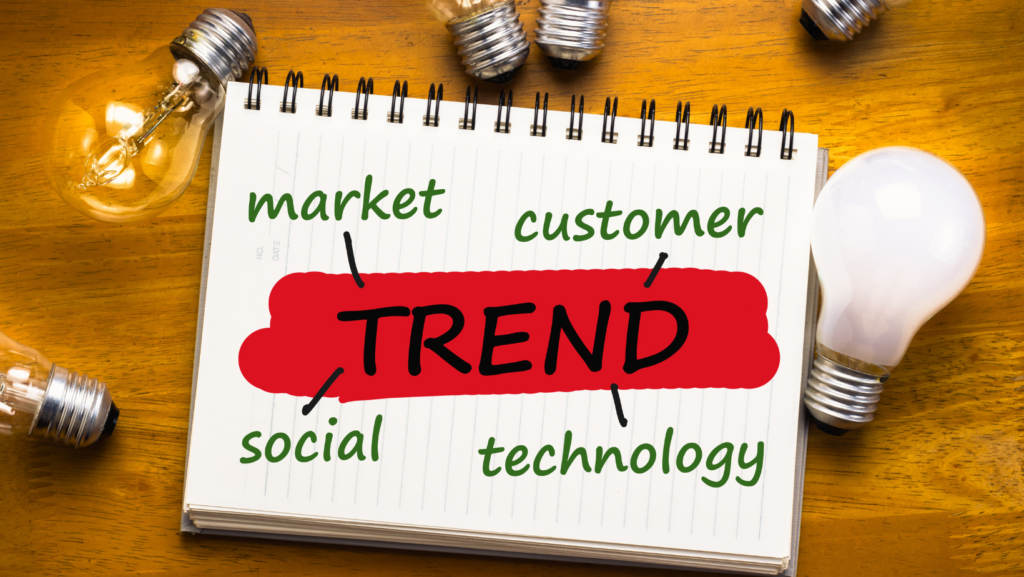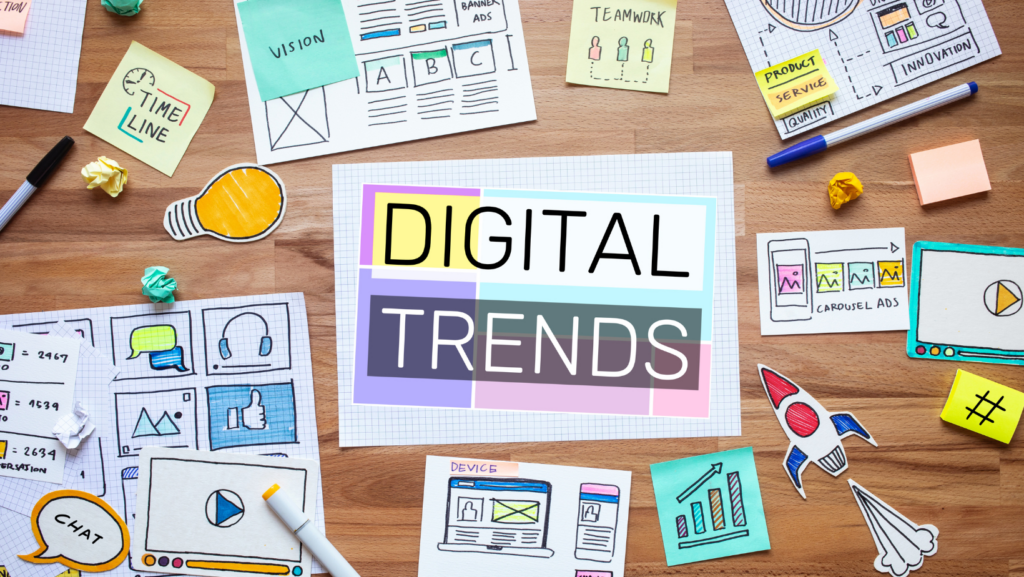In the ever-evolving world of business, staying ahead of the curve is crucial. The market research industry is no exception to this rule. It’s a dynamic field, constantly adapting to new technologies, methodologies, and consumer behaviors.
This article delves into the latest trends in market research industry. From AI-powered data analytics to the rise of mobile surveys, we’ll explore how these developments are transforming the way businesses understand their customers. So, whether you’re a seasoned market researcher or a business owner keen on leveraging the power of data, this piece is sure to pique your interest.
Join us as we navigate through the exciting changes in market research, and uncover how these trends could redefine the industry’s future.
Trends In Market Research Industry

Advancements in trends in market research industry continue to transform industries and consumer trends. Check out the key players in the market research industry and learn how technology is shaping the future of this sector.
Market research, a vibrant and fast-evolving sector, is home to several influential players. These major players include Nielsen Holdings, WPP PLC, Ipsos SA, GfK Group, and Westat. Nielsen Holdings, for instance, is a global measurement and data analytics company that provides market analysis and consumer research solutions to businesses worldwide. WPP PLC is another powerful entity offering a range of marketing and consultancy services to help businesses navigate the consumer landscape. Ipsos SA operates in several fields such as advertising, media, public opinion, and customer loyalty market research. GfK Group and Westat, on the other hand, specialize in market research across various industries and populations respectively.
The Benefits and Challenges of Trends in the Market Research Industry

Beneath the broad banner of advancement in the trends in market research industry lie both benefits and trials. Unravel the impact of industry trends with an examination of their advantages and potential challenges.
Advantages of Adopting Current Trends
Incorporating the latest trends in market research, such as Artificial Intelligence (AI), Machine Learning (ML), Big Data Analytics, and Social Media, present substantial benefits. Firstly, they aid in processing and interpreting large amounts of data, a task that can overwhelm traditional methods. For instance, companies like Nielsen Holdings and Ipsos SA leverage AI and ML to dissect voluminous datasets, enabling the extraction of valuable insights.
Secondly, these cutting-edge technologies expedite real-time feedback collection, thus improving customer understanding. WPP PLC and Westat, for example, harness the power of Social Media to glean timely consumer data. This real-time data collection and analysis, in turn, inform marketing strategies, leading to better-targeted campaigns.
Potential Challenges and Risks
While adopting present market research trends bears numerous benefits, it’s essential to acknowledge the potential challenges involved. The big one is data privacy concerns. Increasing usage of Social Media and Big Data for data collection poses significant risks concerning data security and privacy, as seen in recent controversies involving companies like Facebook.
Next comes, the high cost of technology implementation. Upgrading existing systems with up-to-the-minute technologies requires significant investment – a deterrent for many businesses considering its adoption. Notably, smaller firms might struggle to afford these advanced technologies.
Changes In Market Research

The trends in market research industry landscape is transforming at a rapid pace. Pioneers like Nielsen Holdings and Ipsos SA are setting the pace with AI and mobile survey integration. Future trends indicate a shift towards more advanced tech like robotic automation, data visualization, VR, AR, and Blockchain. It’s clear that AI’s predictive automation will play a crucial role in efficient data management.
Changes aren’t just technological. The industry’s practices are evolving too, with virtual focus groups and social listening tools gaining traction. A consumer-centric approach is becoming the norm. Staying ahead in this dynamic field means embracing these advancements and adapting to new practices. The future of market research is here, and it’s tech-driven, innovative, and consumer-focused.



